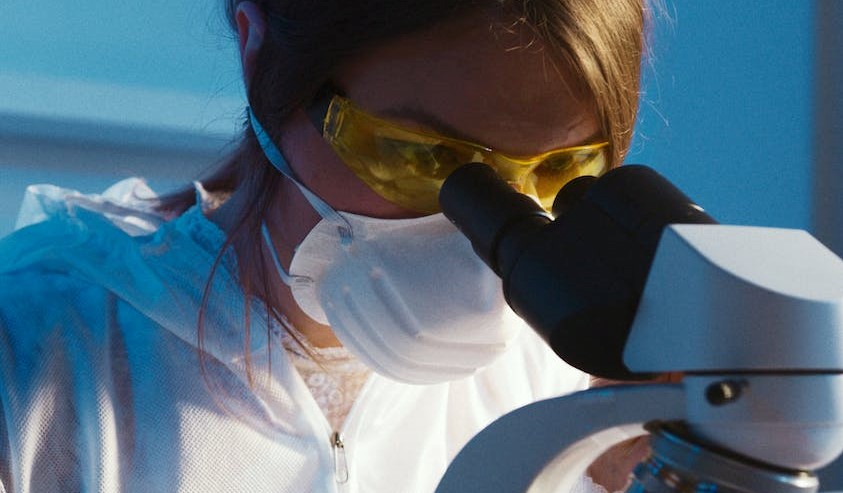If you work with in vitro bone analysis, probably you have already used the pre-osteoblastic cell line called MC3T3-E1. Nowadays, this is the most used cell line for bone focused experiments. This cell line was selected amongst several subclones because it showed a high differentiation rate (cell commitment to a cell line) and mineralization (calcium deposition) after being grown in media containing ascorbic acid. Of course, it also can be used for other testing e.g., proliferation or cytotoxicity.
Almost all in vitro studies regarding material biocompatibility for bone regeneration use MC3T3 cells, sometimes together with other cell types, so it is really important to deeply understand their behavior. Of particular importance, as mentioned above, is the presence of vitamin C in the growth medium.
In a paper that I have recently stumbled upon [1], Izumiya et al analyze the effect of different commercial cell medium that contain vitamin C on MC3T3 cells. They also compared those with some homemade media with different amount of ascorbic acid in it. This paper shows that the use of different media can substantially modify the outcome of an experiment, regarding: cell proliferation, differentiation and mineralization.
The real reason behind this experiment is that, despite MC 3T3 cells are used worldwide and on a daily basis, there is no standardized growth protocol and each experiment is performed under laboratory-specific culture conditions [1]. In my opinion, this is leading the scientific community to possible misinterpretations of data and it is really difficult to compare data from different studies. Reading this paper or simply being aware of the problem is surely the first step to contribute to a better in vitro system analysis.
References:
[1] Izumiya et al (2021). Evaluation of MC3T3-E1 Cell Osteogenesis in Different Cell Culture Media. Molecular Science. https://doi.org/10.3390/ijms22147752.

This article was written by Niccoló De Berardinis as part of an ongoing series of scientific communications written and curated by BioTrib’s Early Stage Researchers.
Niccoló is researching Bioimaging of biomaterials and biological characterization of 3D-printed alloys for reconstructive surgery at Uppsala University, Sweden.

